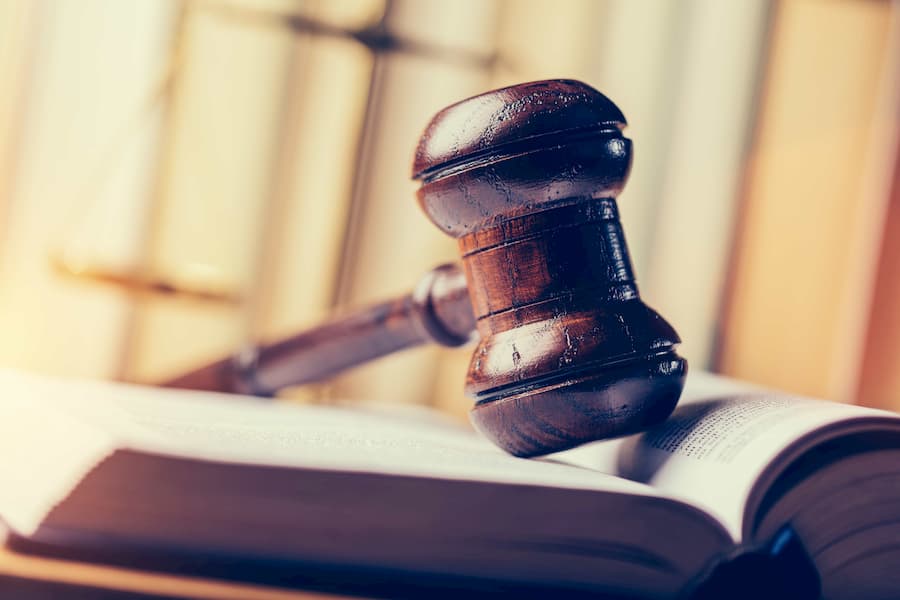
Several Non-Solicitors Banned From Working In Legal Profession
There have been several instances recently of non-solicitors being made subject to orders under Section 43 of the Solicitors Act 1974.
This means that the persons subject to Section 43 cannot work for law firms regulated by the Solicitors Regulation Authority (SRA) without its permission.
Sameena Usmani was as administrative assistant at a firm in Buckinghamshire. She set up a fake law firm email address with the intention of providing a bogus reference to a real firm looking to employ her.
The SRA said:
“In applying for the job, Ms Usmani submitted a CV with false information about her employment history and acquired a domain name which was deliberately similar to that of another law firm.
“She then used that domain name to provide her prospective new law firm employer with a fake email address for it to seek a reference for here and responded to that request falsely purporting to be someone else. This corroborated the false information she had given. Her conduct was found to be dishonest.”
As a result of her actions Ms Usmani was dismissed from her administrative assistant post and banned from working in the legal profession under Section 43.
Another case, which saw Section 43 being issued was against Saisha Zaheer, who was a paralegal in Halifax. The SRA found her conduct to be dishonest during two conveyancing transactions which bore fraudulent hallmarks. Ms Zaheer also provided false information to an SRA forensic investigation officer.
Finally, another Section 43 was issued against Janet Barbara Neate, a legal executive with 25 years’ experience.
Ms Neate worked in the wills and probate administration department at a firm. She and her husband gifted their son a substantial amount of money to buy his first home. However, when Ms Neate drew up a declaration of trust, the document was signed in front of her, but not in front of a witness – this signature was added at a later date.
There was a dispute and the document became invalid.
The SRA said:
“Ms Neate’s conduct makes it undesirable for her to be involved in a legal practice because her actions demonstrate she is willing to influence others to make false declarations on formal legal documents.”










